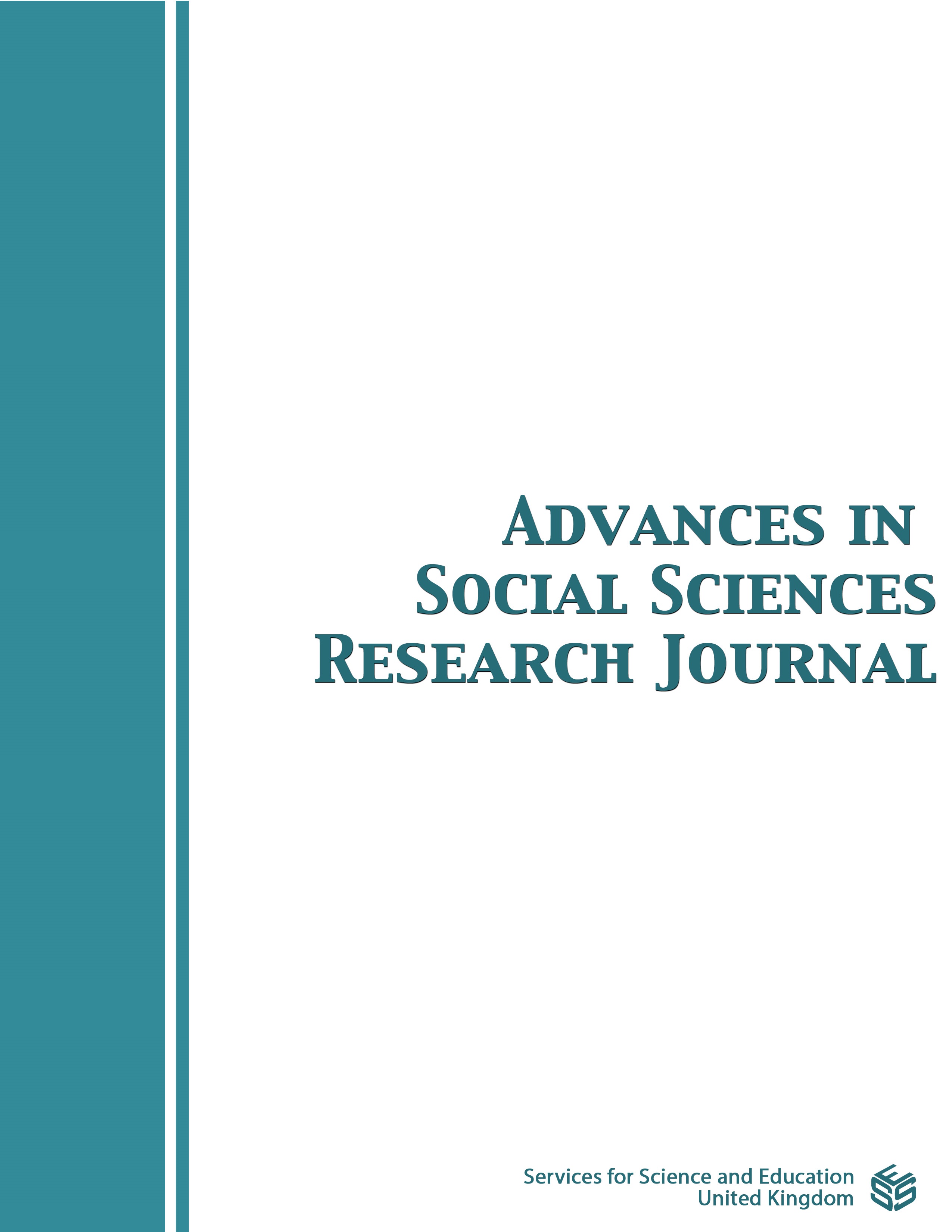Redefining the Contemporary University: Expanding Models, Diverse Campuses, and Evolving Missions
DOI:
https://doi.org/10.14738/assrj.1204.18588Abstract
The modern university is no longer a fixed, location-based establishment. Rather, it serves increasingly diverse student groups through a wide range of modalities, including online, hybrid, private, public, and for-profit. This conceptual article explores how the structure, governance, and mission of higher education have changed as a result of changes in technology, legislation, and demographics. It emphasizes how data-driven strategies and evaluation frameworks direct institutional evolution by drawing on literature about student participation, accreditation requirements, institutional diversity, online learning, and micro-credentials. The end effect is a more adaptable, inclusive, and results-driven environment that is ready to address the demands of students in the twenty-first century, including the opportunities and difficulties brought on by the COVID-19 epidemic.
Downloads
Published
How to Cite
Issue
Section
License
Copyright (c) 2025 Murat Tas

This work is licensed under a Creative Commons Attribution 4.0 International License.
Authors wishing to include figures, tables, or text passages that have already been published elsewhere are required to obtain permission from the copyright owner(s) for both the print and online format and to include evidence that such permission has been granted when submitting their papers. Any material received without such evidence will be assumed to originate from the authors.






